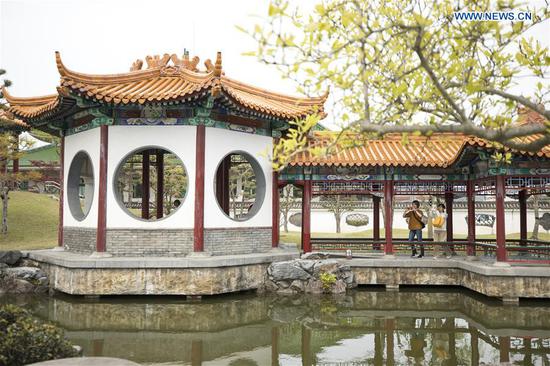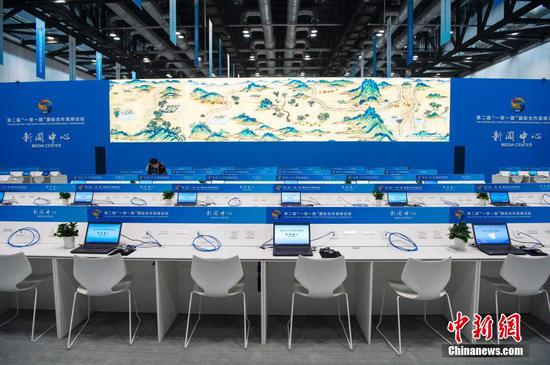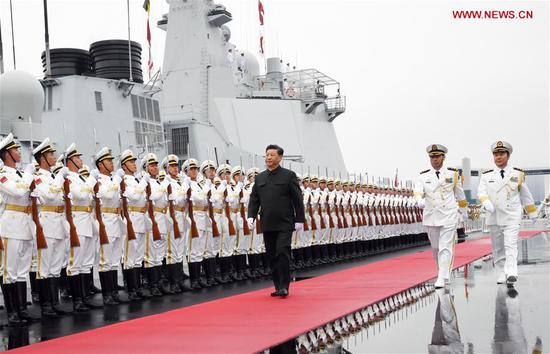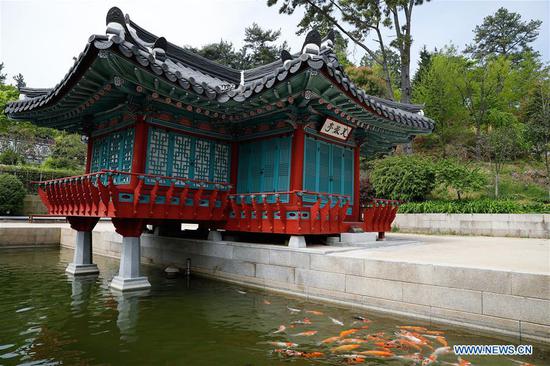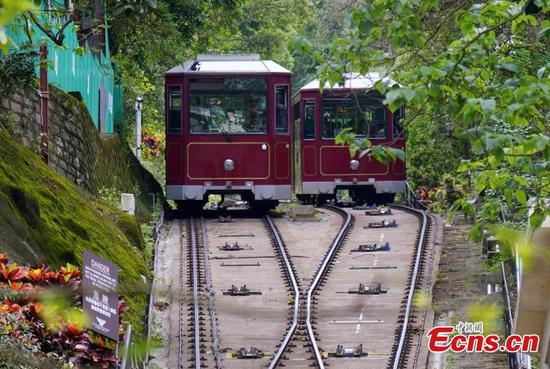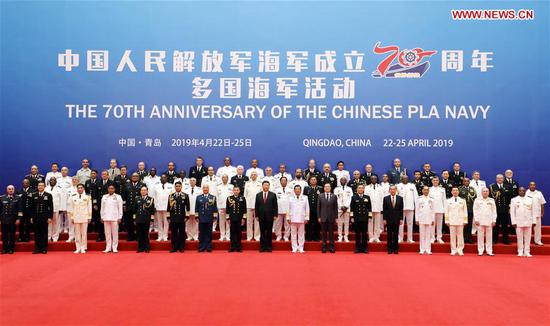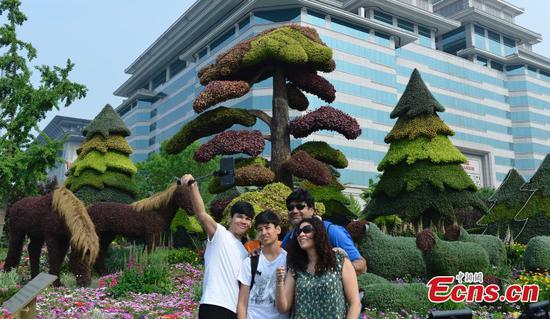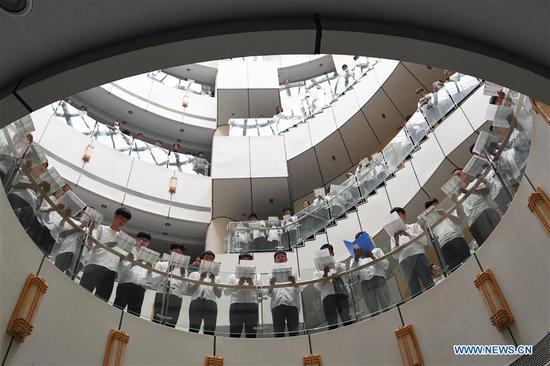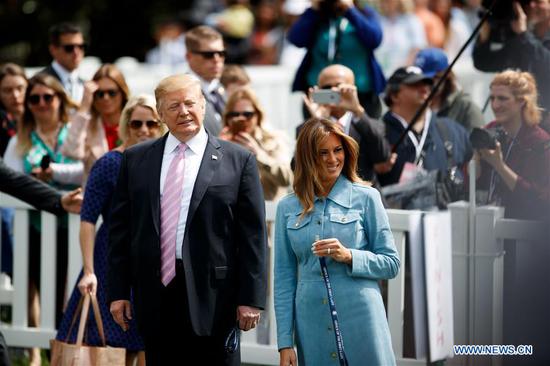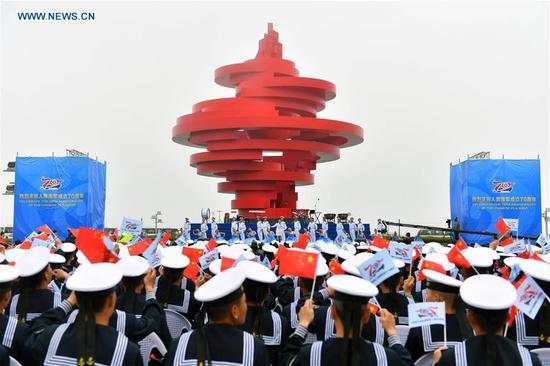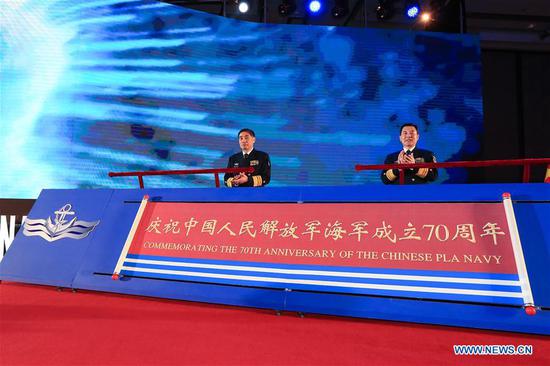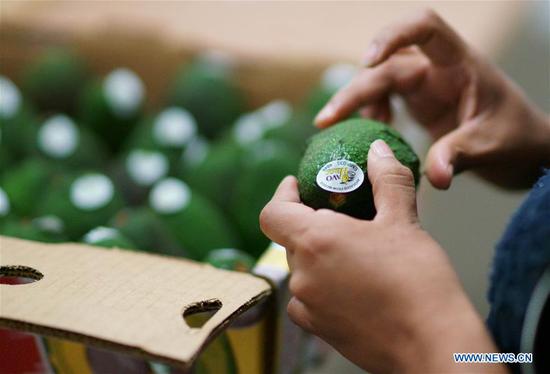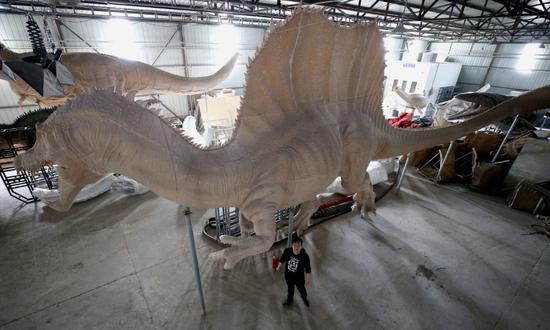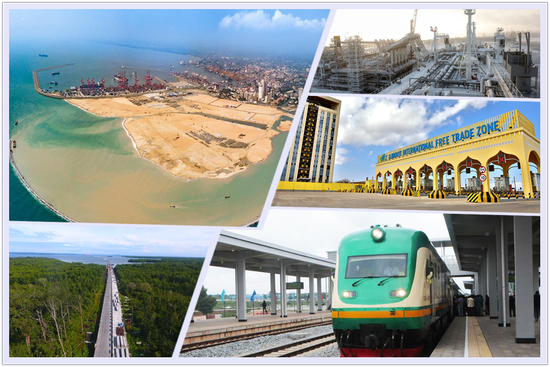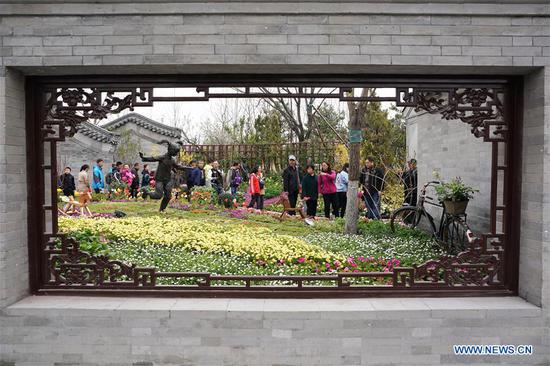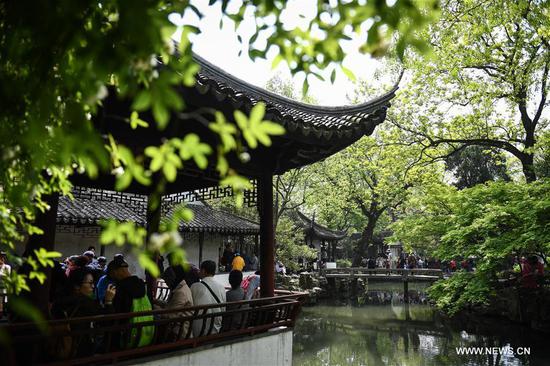A slew of new policies aimed at encouraging consumption in key sectors will be unveiled soon, China Securities Journal reported.
China's retail sales of consumer goods rose 8.3 percent year-on-year to 9.78 trillion yuan ($1.46 trillion) in the January-March period, according to the National Bureau of Statistics (NBS). In March alone, retail sales went up 8.7 percent to 3.17 trillion yuan, quickening from the 8.2-percent rise seen in the first two months.
In recent years, the government has, on the one hand, frequently introduced policies to promote opening-up, increase import and improve consumer welfare. On the other hand, it has reduced and scrapped import tariffs on some consumer goods. This has played an active role in consumption, Lian Ping, chief economist at Bank of Communication said, adding that consumption still is the key driver for economic growth.
However, the consumption structure has changed, with service consumption accounting for 47.7 percent, up 1.4 percentage points year-on-year. Meanwhile, sluggish auto consumption dragged the whole consumption growth.
The continuous decline of auto consumption has become a key for stabilizing this year's consumption, said Liu Xiaoguang, a researcher at the National Academy of Development and Strategy at Renmin University of China.
Mao Shengyong, spokesperson for the National Bureau of Statistics, recently said that based on March data, auto production fell, however, the drop was narrowing.
The National Development and Reform Commission was reportedly considering a slew of new measure to boost spending on automobiles, home appliances and consumer electronics products. It has sent a draft plan to encourage consumption in the three sectors.
China will improve the market environment for car sales and expand the supply of automobiles as part of its latest efforts to boost auto consumption, Gao Feng, the spokesperson for the Ministry of Commerce, said at a press conference early this month.
By the end of 2018, China's six cities namely Beijing, Shanghai, Shenzhen, Guangzhou, Hangzhou and Tianijin carried out the purchase restriction of fuel-powered passenger cars, said Shao Jiang, an analyst at Everbright Securities. "If these cities double their rising number of new cars, it could bring a 2.8 percent year-on-year growth for the whole passenger car market."









